Publications
Articles, publications, books, tools and multimedia features from the U.S. Institute of Peace provide the latest news, analysis, research findings, practitioner guides and reports, all related to the conflict zones and issues that are at the center of the Institute’s work to prevent and reduce violent conflict.
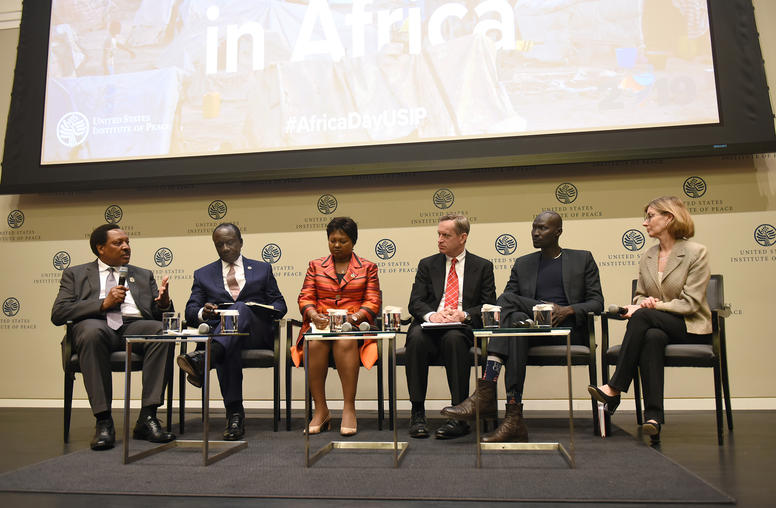
How to Address Africa’s ‘Staggering’ Displacement Crisis
Fifty years after the Organization of African Unity Convention on Refugees and 10 years after the Kampala Convention on Internally Displaced Persons (IDPs), Africa faces a crisis of forced displacemen
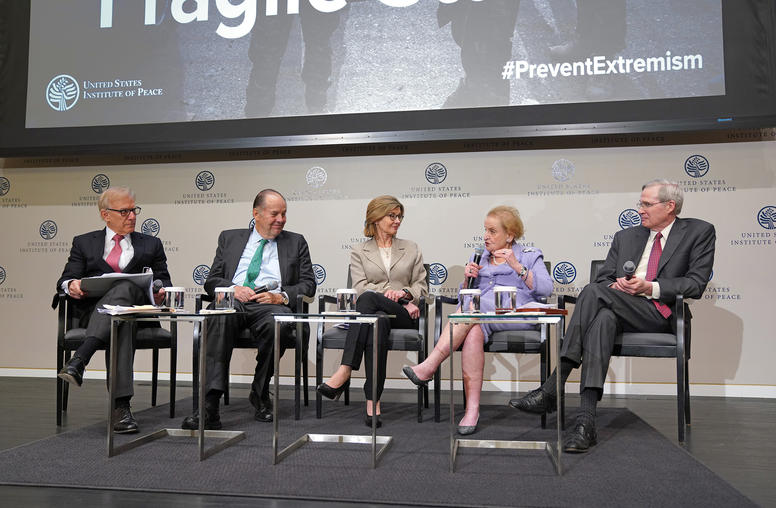
Fragile States and Violent Extremism: New Ideas for a Policy of Prevention
On April 21, suicide bombers in Sri Lanka reminded the world that the end of the Islamic State’s “caliphate” by no means marked the defeat of violent extremism. Indeed, despite trillions of dollars spent and tens of thousands of lives lost, terrorism is spreading. The urgency of checking the ideology behind terrorism, particularly where the ground for it is most fertile, has never been greater, said members of the Task Force on Extremism in Fragile States this week at the U.S. Institute of Peace.
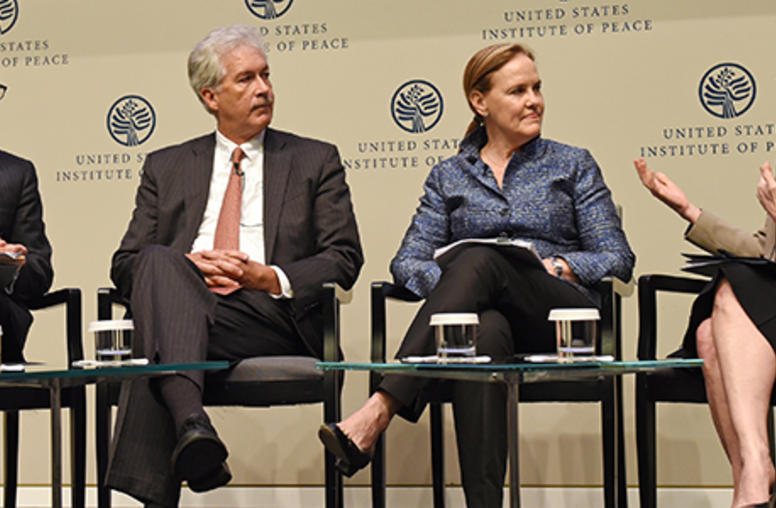
Burns, Flournoy, Lindborg Press Urgency of Fragile States
Three former high-ranking officials in the State Department, the Pentagon and the U.S. Agency for International Development (USAID) urged the next presidential administration to commit more attention and resources to preventing the kinds of violent conflicts that are roiling the Middle East and other regions today and spilling over into neighboring countries, Europe and the United States. Former Deputy Secretary of State Bill Burns, Under Secretary of Defense Michele Flournoy and USAID Assist...
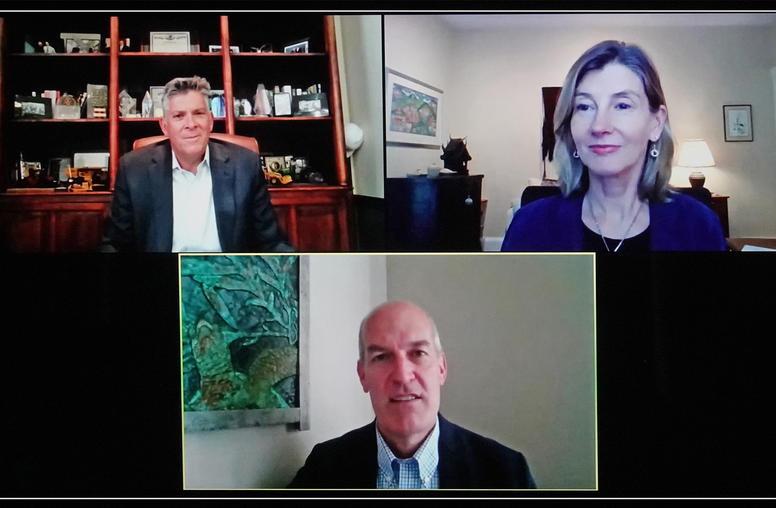
Partisan Lines Fade in Congress on China, Panel Chiefs Say
Bipartisan sentiment toward China has hardened over the past year in Congress, scrambling ideological lines as concerns grow more acute over democracy, trade, human rights, and national security, the co-chairs of the House U.S.-China Working Group said.
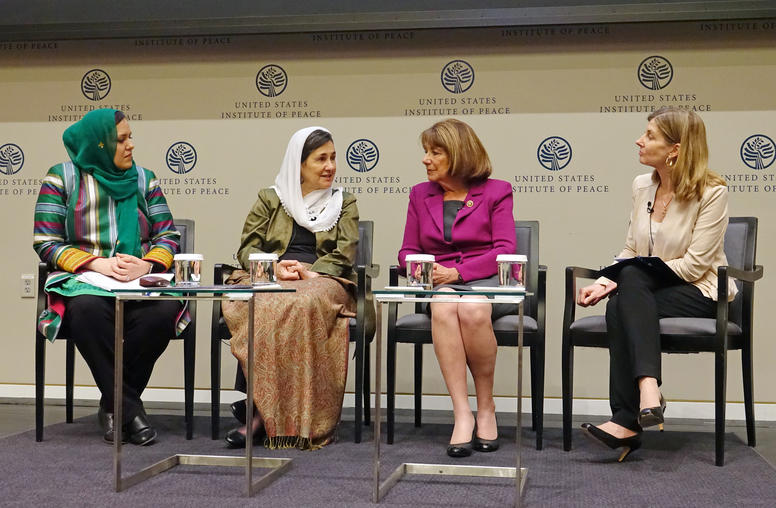
Afghan Women Step Up in Local, National Taliban Talks
Amid a spate of recent Taliban attacks across Afghanistan, I heard a different but equally important story during a visit to Kabul last week: women from major cities to rural villages are taking action to defuse local tensions...
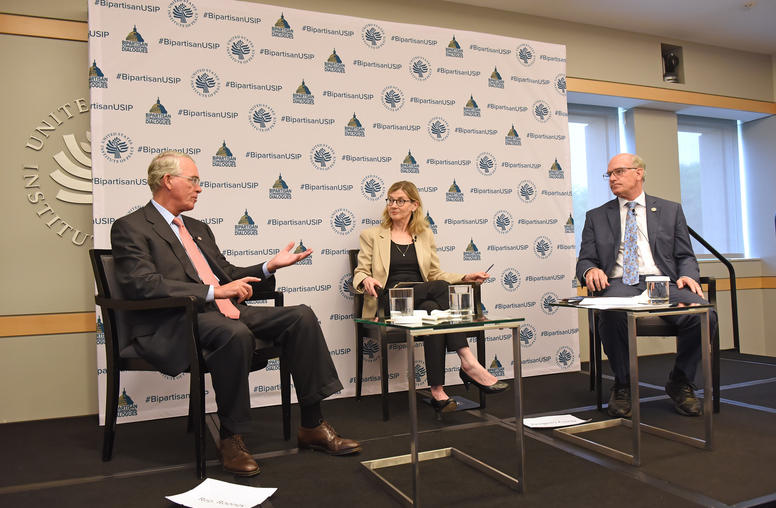
Russia’s Disruptive Ambitions Require a Bipartisan Response
For over a decade, Russia’s Vladimir Putin has campaigned to subvert the liberal world order and undermine global norms by invading neighbors and interfering in democratic processes at home and abroad. To explain how Congress can counter Russian aggression, members of the House Foreign Affairs Subcommittee on Europe, Eurasia and Emerging Threats Rep. Francis Rooney (R-FL) and Rep. Bill Keating (D-MA) came together for a bipartisan dialogue at the U.S. Institute of Peace.
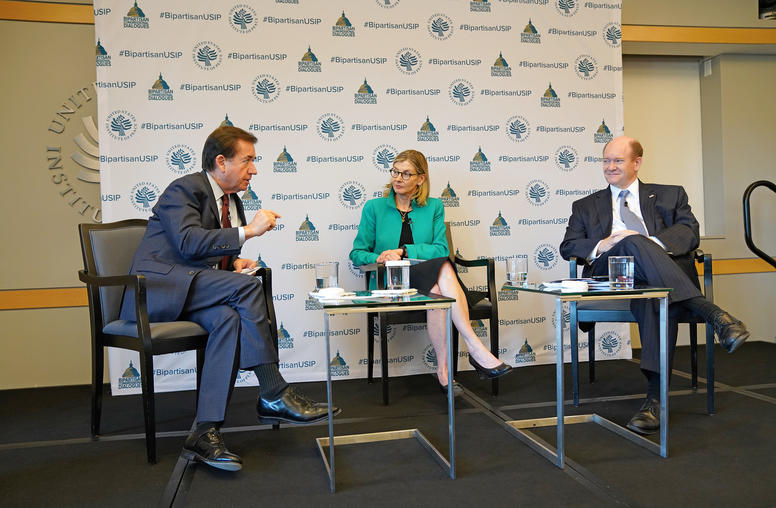
How Saving Rhinos Can Cut Poverty—and Even Terrorists’ Funds
By 2030 African black rhinos and elephants could face extinction as poachers and other criminals, including violent extremist groups, sell rhino horns and ivory to largely Asian markets. The trade in protected wildlife, worth an estimated $7 to $10 billion annually, not only endangers these species, it destabilizes communities and impedes sustainable economic development.
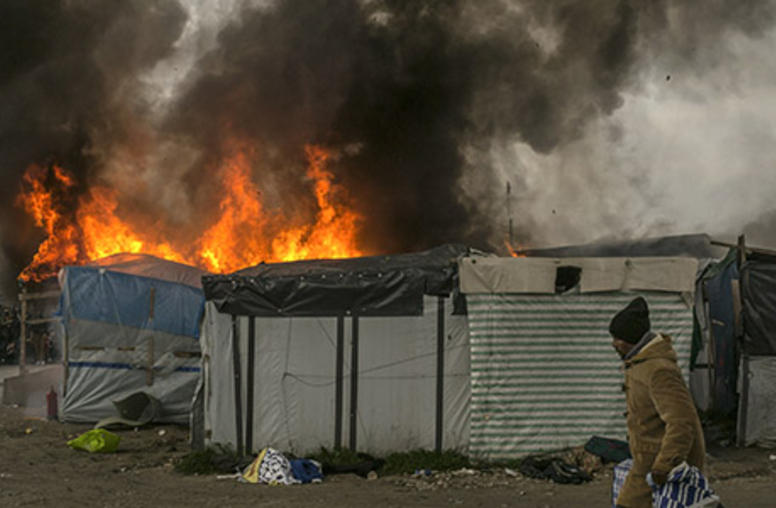
World Bank Seeks Crisis Flexibility for Long-Term Impact
The World Bank Group generally reserves its cheapest loans for the world’s poorest countries. But as protracted conflicts have swelled the number of global refugees, the bank in September unveiled a new, more flexible crisis program that allows, for example, middle-income Jordan and Lebanon, both inundated with uprooted Syrians, to borrow on the bank’s most favorable terms. The shift reflects a growing consensus that traditional distinctions among relief, reconstruction and development work a...
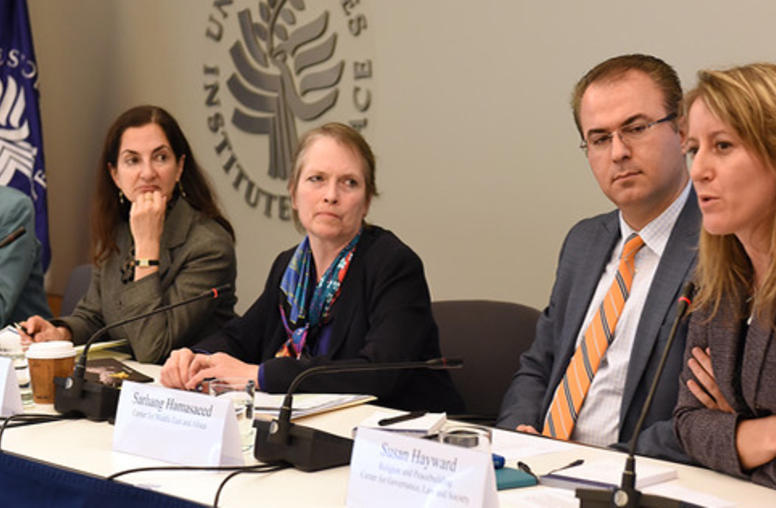
Reconciliation as the Road to Durable Peace
Apology. Confession. Truth-telling. Forgiveness. These are elements of reconciliation, perhaps the most important underpinning for turning a violent conflict into durable peace. Yet building peace is complicated by a reality that human cultures have no agreed definition of reconciliation. Indeed many may resist it as an imposed Western value, USIP scholars said.
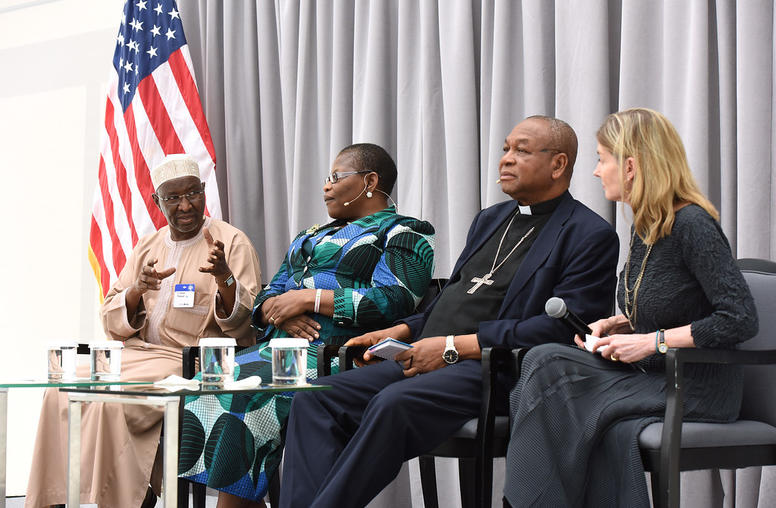
Nigerian Civic Leaders Assert a Role Against Violence
As Nigeria struggles to calm violent conflicts nationwide, including the Boko Haram insurgency, 11 eminent civil society leaders are summoning government officials to seek an unprecedented degree of citizen input on policy. Prominent religious, military, academic...